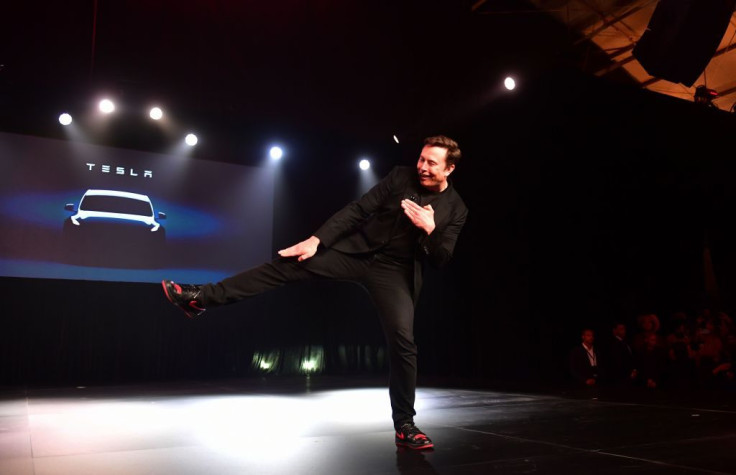Tesla Model Y Delayed Because Elon Musk Can't Decide Where To Build SUV?

When the Tesla Model Y was introduced last month, it came out with much fanfare. The new electric vehicle described as a “crossover SUV” became the benchmark of new electric-powered automobiles.
It was definitely a vehicle that many people, both fans and car analysts, looked forward to. Even Tesla CEO Elon Musk declared that it was going to be their best-selling automobile in the near future and it could very well be. The Model Y is at an excellent position to capture the American market which is veering from sedans to larger cars such as trucks and SUVs.
The Model Y is set to roll out by next year with a price tag that starts at $47,000. Now herein lies the problem, there might be some slight delays in production unless Tesla’s chief engineer can make up his mind soon on where to start production.
According to Inverse, Musk said during the company’s first-quarter 2019 earnings call that they still needs to finalize exactly where the Model Y is going to be produced.
“For Model Y production, we are right now trying to decide whether Model Y vehicle production should be in California or Nevada, and we expect to make a final decision on that very soon. But in the meantime, we have ordered all of the tooling and equipment required for Model Y,” Musk said.
Could this mean a delayed release? Not exactly. The Tesla CEO affirmed investors that this “problem” will not delay the rollout and will most likely reach the Fall 2020 target for deliveries. Tesla will first come out with the much more expensive variant before moving on to the $39,000 230-mile standard range vehicle. The latter is expected to be in Tesla showrooms by Spring of 2021.
“We do not expect this to in any way delay production of Model Y, but it’s currently a very close call between Nevada and California as to whether we do the Model Y at Giga or at Fremont. Those are the two options, and we will hopefully be able to make the decision in the next few weeks,” the CEO said.
The Model Y will most likely have less production compared to the Model 3 which was plagued by production woes last year. The crossover sport utility vehicle will be using around 70 percent of the Model 3 parts and could significantly cut down on factory time.
© Copyright IBTimes 2024. All rights reserved.




















